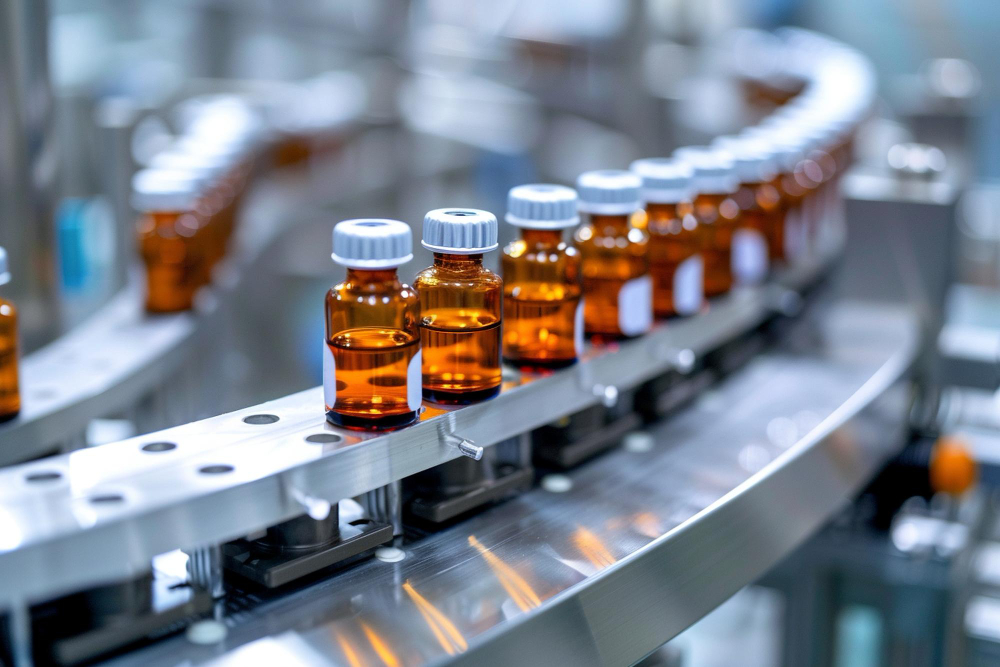
In a world where health has become more and more a priority for people, and where demands for high-quality plus effective medications are only growing, the need for efficient project delivery has never been more critical in the pharmaceutical industry. That being said, the concept of EPC – otherwise referred to as Engineering, Procurement, and Construction – comes forward.
What is EPC, and why is this so important in this field? Find out more about this in this guide, which will discuss the following:
– What is EPC pharma?
– How does it work?
– Why this is used
– The benefits
EPC is a very important concept in pharmaceutical industries. It stands for Engineering, Procurement, and Construction. In other words, it is a common contract type for large-scale, vast, and more complex process plant projects. This contract type is crucial for it delegates the tasks to just one contact person or team, so that the facility can deliver and operate completely and effectively.
To be specific, EPC contracts are a way for pharmaceuticals to outsource the whole process of building a brand-new manufacturing facility, from the initial design stages, all the way to the planning – or engineering – to sourcing the needed materials and equipment, hence the term “procurement,” and lastly, the construction of the facility.
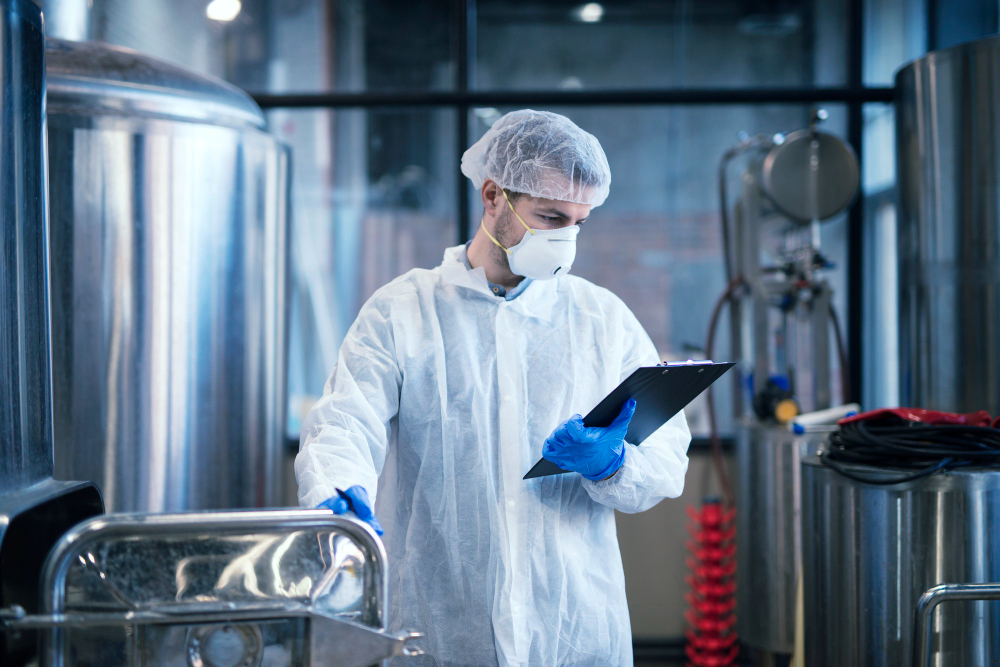
This is where things can get really complex, but this Canaan guide is here to help you out. Since EPC directly stands for “Engineering, Procurement, and Construction,” the following concepts define its working principle, of course:
In the engineering phase, the design and planning of the facility is carried outensured. This includes the layout, the selection of the equipment, and the process engineering itself.
Next comes the procurement stage, wherein the sourcing and purchasing of the needed equipment, materials, and other components are ensured in line with the building of the facility, leading you to the third main phase.
Obviously, this phase involves the actual construction and installation of the pharmaceutical facility, guaranteeing it meets building codes, specific requirements, and regulatory standards.
However, things do not just end here. EPC in the pharmaceutical industry also involves the following:
While EPC contracts are used and implemented in several construction projects for pharmaceutical facilities, they are particularly popular for large-scale and more complex work undertakings to ensure there is just a single point of accountability from the contractor. Call it strict, but if this is the only bridge to making sure the facility will be efficient once construction is done, there’s no way you should miss this out.

Without EPCs, the dangers of project timelines stretching due to the complexity of the project can happen. Everything changes when EPC contracts are implemented.
If construction workers and materials providers work under this contract, they are going to be assembled from the moment the project proposal stage commences. This provides space in case there are cross-discipline discussions, modifications, planning, and risk assessments, so everything runs smoothly from day one of construction. If there is a need to make adjustments, they can be carried out without significantly affecting the entire project.
Not only can an EPC contract ensure the project is finished on time, but also the costs never go above and beyond. Without EPC contracts, project costs can remain unknown or change, unbeknownst to the project managers. At the last minute, they’d know they’d have to shell out more money. Not what you want.
Under an EPC contract, manufacturers can lock in a consistent and firm lump-sum price from the moment the contract is signed. This is beneficial since the costs are clear from the very startthere is clarity in the costs. This also helps when there is a need to cut costs. Think of preparing a list of things to buy before you head over to the grocery store.
EPC contracts ensure you can work harmoniously with every person involved in the project. It helps even when individuals are more comfortable either with on a hands-on approach or outsourcing an external team to oversee the project.
In other words, an EPC contract allows for flexibility in terms of involvement. There is room to refocus internal resources on other priorities or stay closely involved in the details. This contract, therefore, also gives project managers control over where to distribute their personnel, allowing them to either step back or remain engaged, according to what’s most comfortable to them.
Without an EPC, project managers may need to source out various contractors for various projects. Not only is this confusing, but it also compromises the output.
Thus, under an EPC contract, a single, prime contractor manages not just one, not just two, not just three, but all elements within your project. This way, you only need to negotiate with one contractor and manage one contract, drastically simplifying the processes.
Finally, while regarded as a cherry on top, the way EPC contracts build long-term relationships must not be skippedoverlooked. With an EPC contract, you can build stronger relationships with vendors, opening doors of opportunities for owners to learn from the best in the industry, and conversely. You are also given the chance to work with new partners you have not yet worked with before. Thus, long-term benefits can be enjoyed for present and future endeavors.
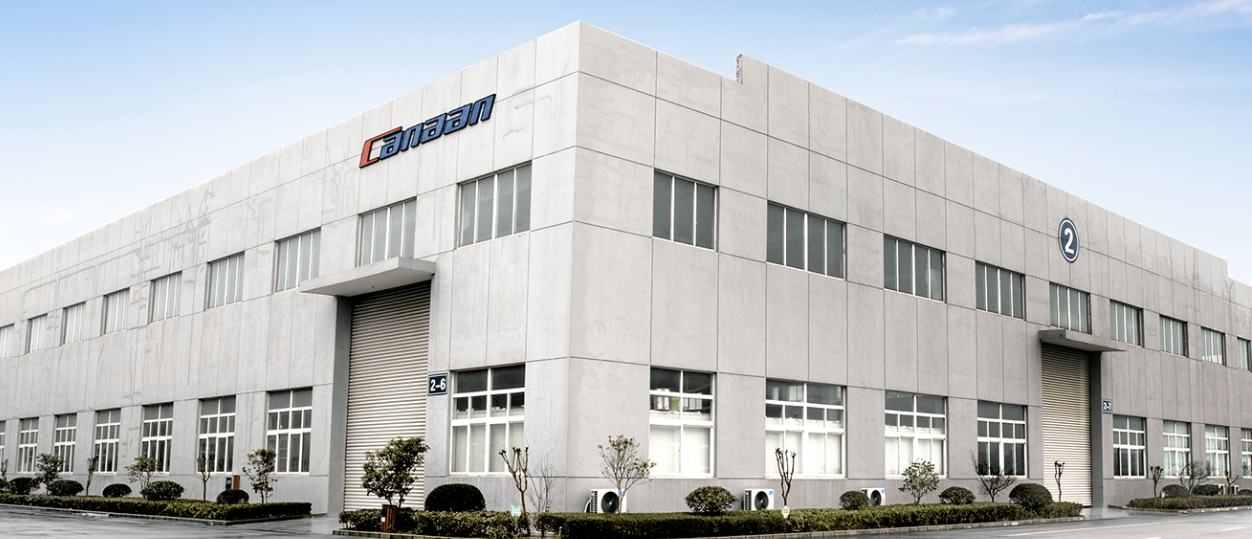
As the pharmaceutical manufacturing industry continues to evolve, being surprised is different from enabling surprising results. The latter is more preferred, and can be achieved when you utilize an EPC contract.
Carry out the clauses of the contract more efficiently with Canaan. Our company is one of the world’s leading equipment providers for pharmaceutical industries, with products such as packaging, water systems, extraction machines, and so much more on our catalog.
Also serving the healthcare and nutrition, as well as the food and beverage industries, our mission and vision are clear. Get to know more about Canaan by coordinating with our team today.
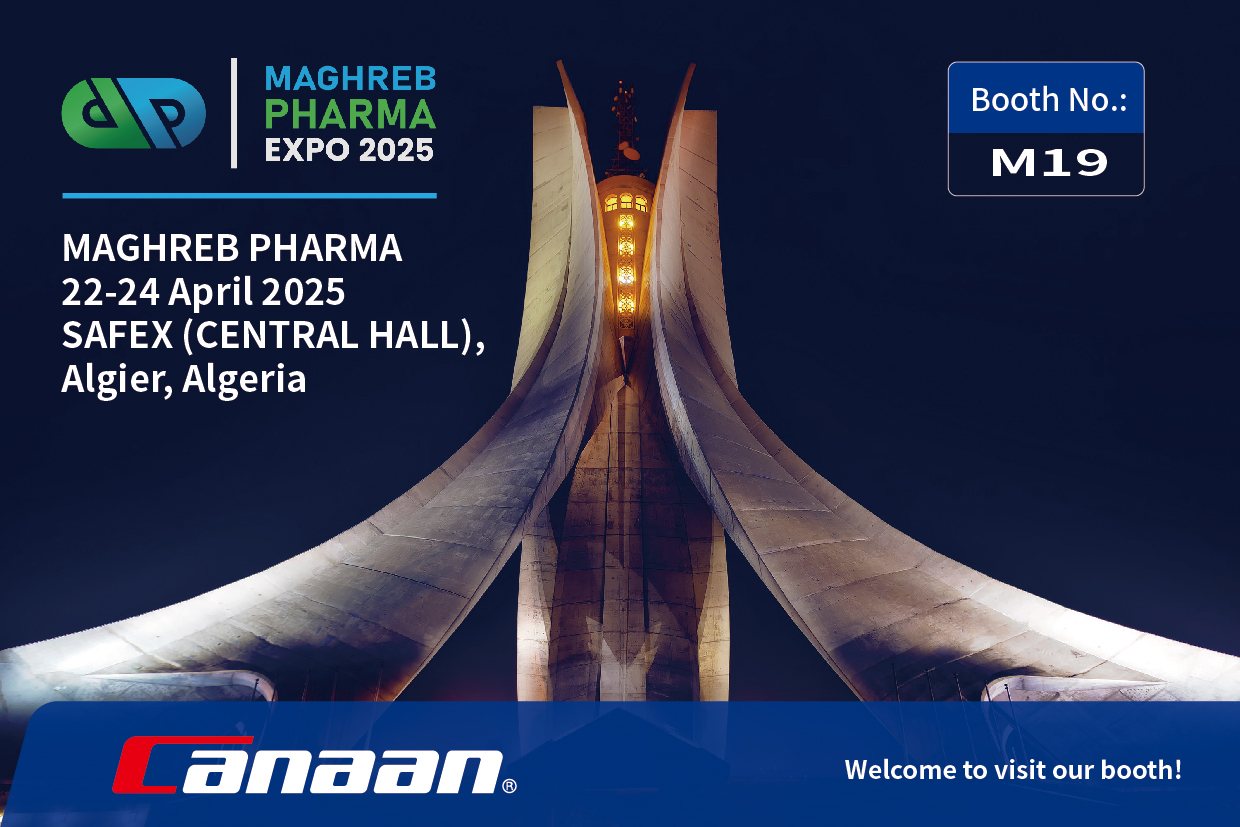

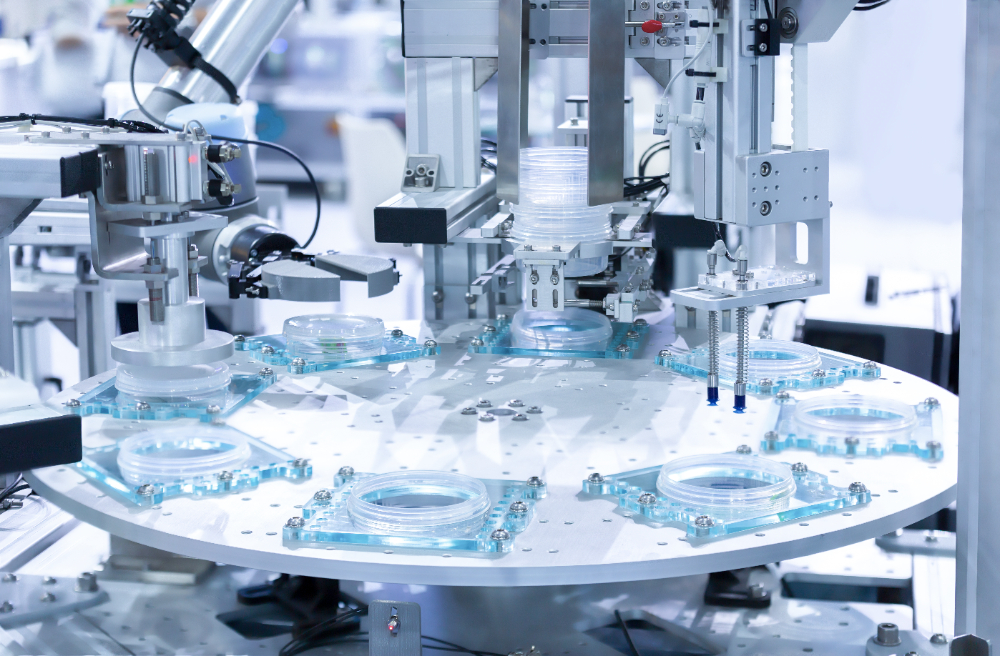

Manufacturing pharmaceutical products should always be taken seriously. That is, every process must follow the strictest and highest standards. This is the very reason why manufacturers prefer hiring an EPC contractor. Contractors working under EPC contracts will ensure the outcomes are of the best quality no matter what happens, focusing on the construction of the […]

Explore the importance of EPC contracts in pharmaceutical manufacturing. Learn how EPC works, its benefits, and why choosing an EPC contractor can guarantee project success with Canaan’s industry-leading equipment.

Discover how SCADA and PLC improve automation in the pharmaceutical industry. Learn their roles, benefits, and how Canaan’s advanced technology enhances efficiency and safety.